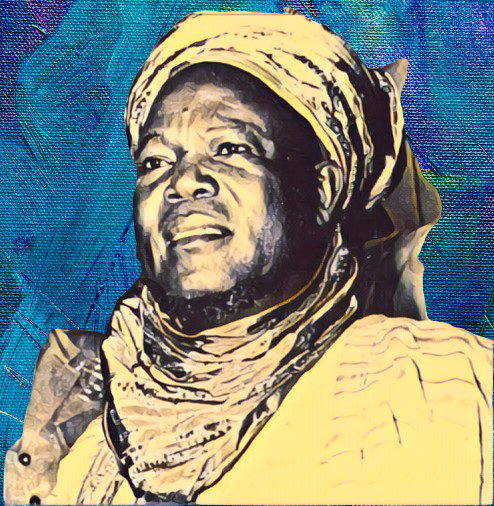A poignant reflection on the legacy of Sir Ahmadu Bello, the Sardauna of Sokoto and former Premier of Northern Nigeria, was presented by Prof. Mansur Usman Malumfashi, marking 58 years since his death. The commemoration, held in Katsina as part of the Nigeria Union of Journalists (NUJ) Katsina State Council’s Press Week, brought to the fore the enduring impact of Ahmadu Bello’s leadership.
In his paper titled “Fifty-Eight Years Without Sir Ahmadu Bello: How The North Can Rise Again,” Malumfashi, a distinguished academic from Abubakar Tafawa Balewa University (ATBU), Bauchi, highlighted the significant vacuum in good governance and quality leadership left by Ahmadu Bello’s demise. The event, held at the Motel Conference Room on Monday, drew attention to the late Premier’s unique leadership style, marked by his dedication to the people and his vision for an inclusive, united Northern Nigeria.
Ahmadu Bello, remembered as a ‘man of the people’ and a detribalized Nigerian, was lauded for his collaboration with diverse figures across Nigeria, including Aminu Kano, Waziri Ibrahim, and Joseph Tarka. His leadership was a symbol of unity in the North, characterized by selflessness and purposeful direction.
Under Ahmadu Bello’s stewardship, Northern Nigeria was a region of homogeneous entity, free from the political, religious, and ethnic rivalries that are more prevalent today. This harmonious atmosphere, as Malumfashi noted, was due to the moral credentials and adherence to religious precepts of both Islam and Christianity prevalent during Bello’s era.
The use of Hausa as a lingua franca across Northern Nigeria fostered a sense of brotherhood and unity, transcending ethnic and linguistic differences. Ahmadu Bello’s leadership laid a solid cultural and political foundation that was inclusive and impactful, creating a legacy that resonated with all Northerners.
Malumfashi also shed light on the tangible legacies left behind by Ahmadu Bello, such as the Northern Regional Development Corporation, Bank of the North, and significant educational institutions like Ahmadu Bello University Zaria and Kaduna Polytechnic. These institutions have played pivotal roles in the region’s development and continue to do so.
Despite the void left by Ahmadu Bello’s passing nearly six decades ago, Malumfashi expressed confidence in the North’s potential for resurgence. He emphasized that the region possesses ample human and material resources for growth and development. The challenge, as he sees it, is in harnessing these resources to overcome contemporary challenges and to rekindle the spirit of unity and progress that Ahmadu Bello embodied.
Malumfashi’s reflection was not just a look back at the past but also a call to action for the present. He acknowledged the unprecedented challenges facing Northern Nigeria today, challenges that Ahmadu Bello himself might not have envisioned. Yet, in remembering the late Premier’s vision and leadership, there lies a roadmap for addressing these challenges and reviving the region’s fortunes.
In related news, the Supreme Court has reserved judgment on gubernatorial disputes in Nasarawa and Kebbi states, adding to the political landscape’s complexity. Additionally, Budget implementation strategies have been a focus for President Tinubu, as indicated by recent statements from government officials.
Prof. Malumfashi’s commemoration of Sir Ahmadu Bello serves as a reminder of the impactful leadership that once guided Northern Nigeria and poses the question of how current and future leaders can draw inspiration from this legacy. As Nigeria continues to navigate its complex socio-political landscape, the lessons from Ahmadu Bello’s leadership could offer valuable insights into fostering unity, development, and good governance.



